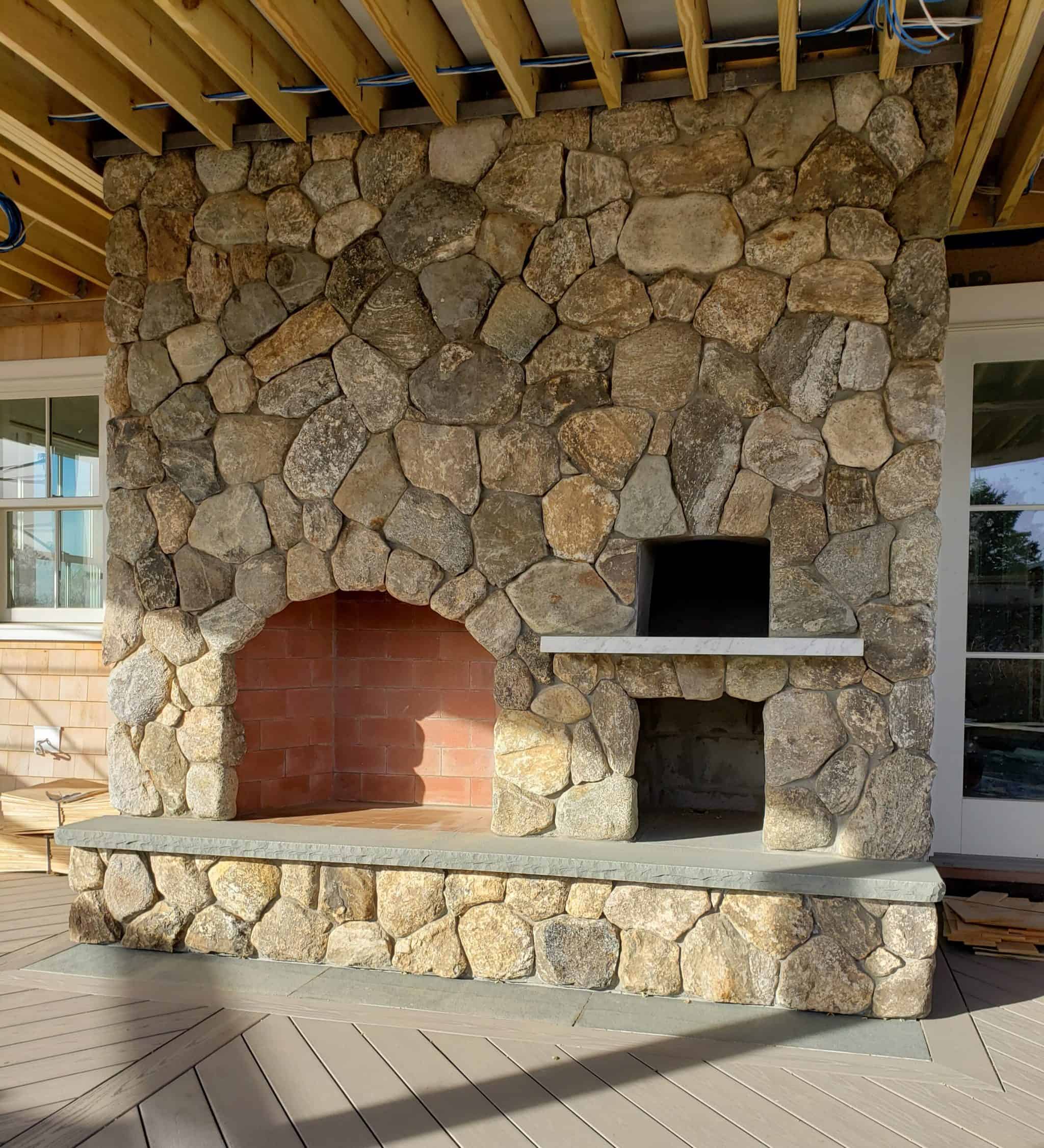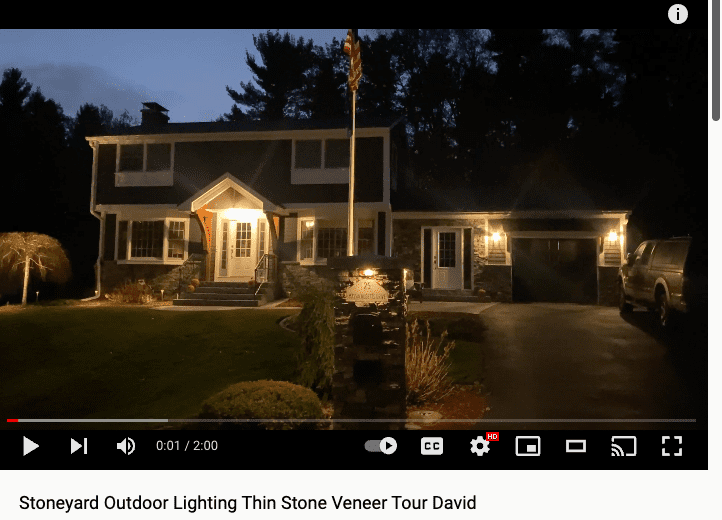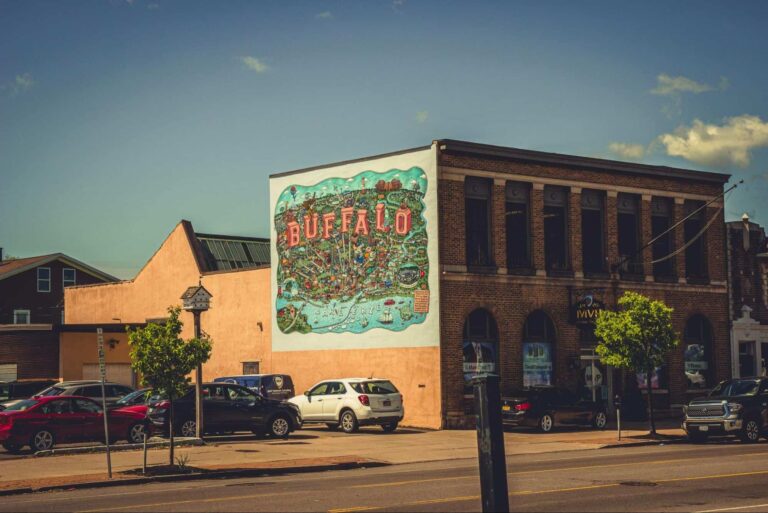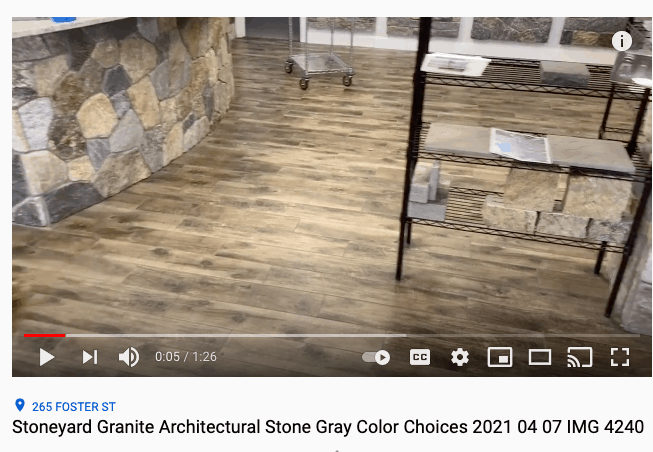Your cart is currently empty!
The Rustic Charm of New England Fieldstone
The Story of Natural Thin Veneer
Nestled within New England’s rich tapestry of stone quarries and granite giants lies a humbler, yet equally significant, stone legacy: fieldstone. Culled from the very fields and forests that characterized early New England farms, fieldstone has transformed over the years, especially through its modern application as natural thin veneer.
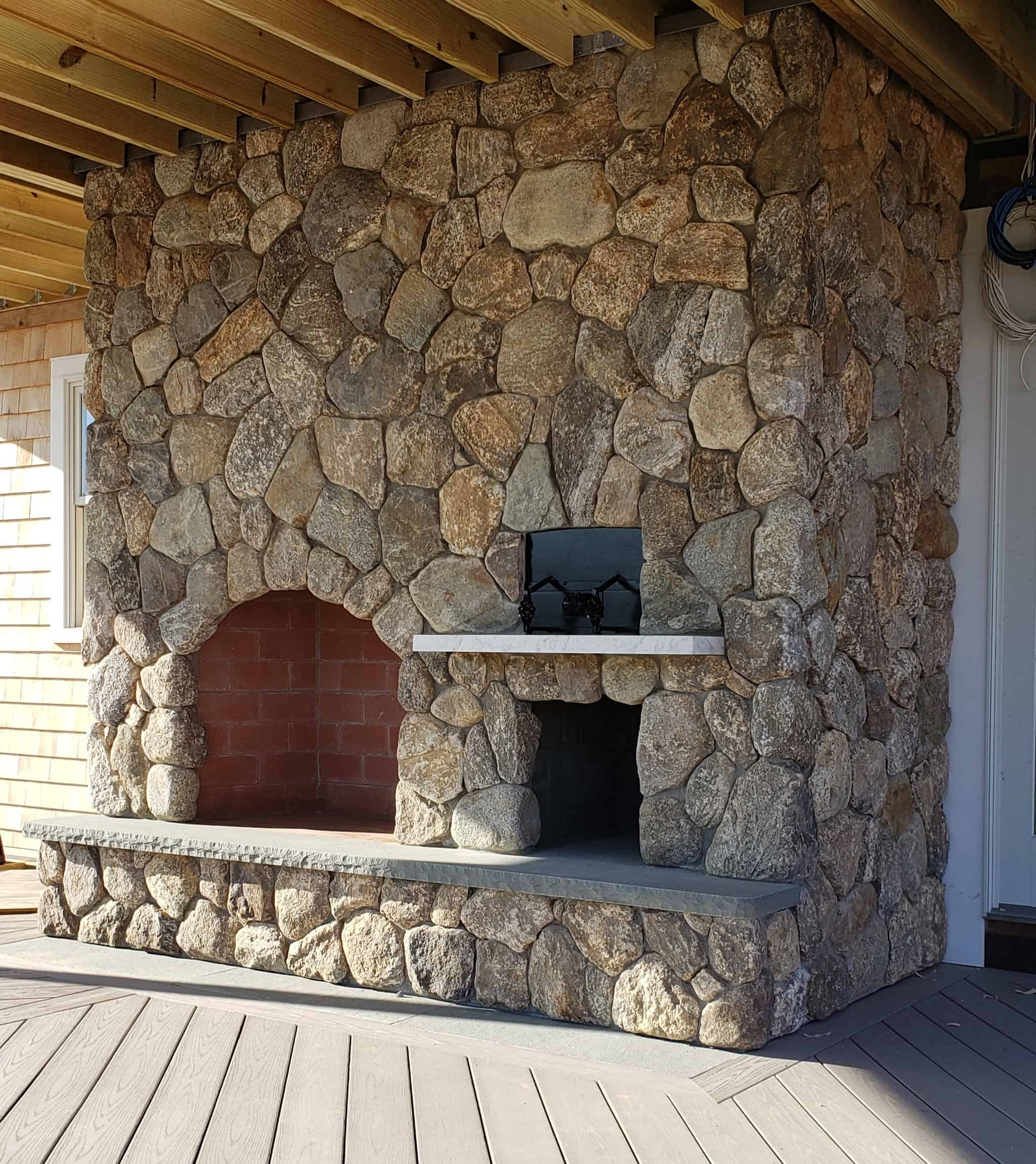
Origins in Agriculture
New England’s early settlers, faced with the challenge of cultivating rocky soil, turned obstacle into opportunity. As they cleared their land for agriculture, they unearthed countless fieldstones. These stones, initially viewed as hindrances to farming, quickly found their place as foundational elements in farm infrastructure, from walls and foundations to entire buildings.
The Fieldstone Character
Unlike stones from quarries, which are often uniform, fieldstones are unique, bearing the marks of nature’s artistry. Their irregular shapes, varied colors, and diverse sizes reflect the legacy of geological processes, erosion, and time. This distinctive character gives fieldstone its rustic charm, making it a favored choice for those seeking a touch of New England’s pastoral past.
From Solid Walls to Natural Thin Veneer

While traditional fieldstone construction required a thick, structural wall, advances in stone cutting have allowed for the development of natural thin veneers. These are essentially slim slices of fieldstone, which capture the stone’s authentic face while being light and versatile.
This innovation means that homeowners and architects can achieve the traditional look of fieldstone without the need for extensive structural support. Natural thin veneer can be applied to both interior and exterior surfaces, from fireplaces and accent walls to exterior facades and landscape features.
Sustainable and Timeless
Given the increased interest in sustainable building materials, fieldstone thin veneers offer an eco-friendly choice. By using a smaller quantity of stone, they reduce the environmental impact associated with extraction and transportation. Moreover, since fieldstone is native to New England, sourcing it locally further reduces its carbon footprint.
A Living Legacy
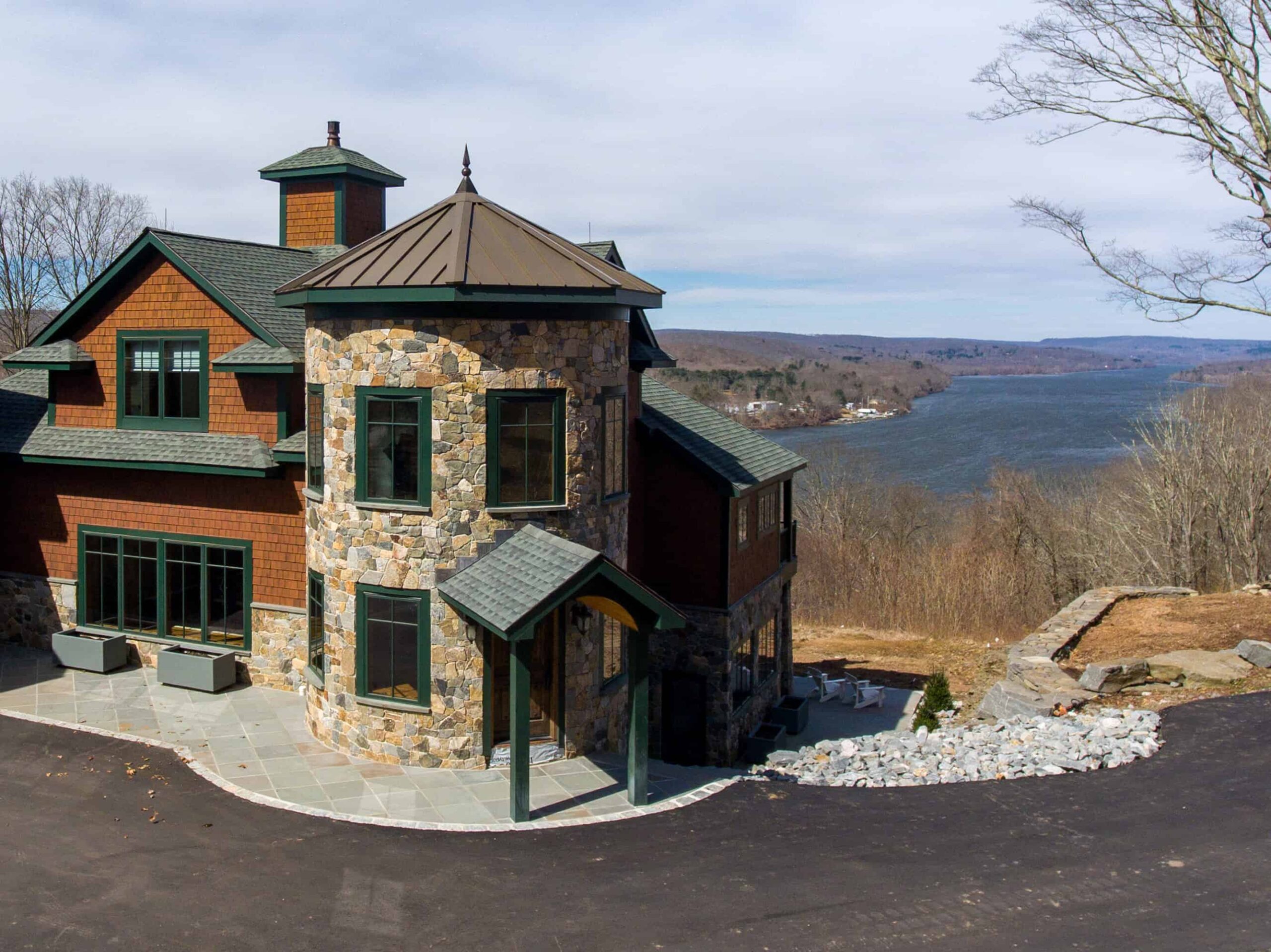
Today’s New England landscapes still bear the relics of its fieldstone past, from centuries-old farmhouses to meandering stone walls that crisscross the countryside. These historical touchpoints serve as a testament to the enduring appeal of fieldstone.
As the demand for authentic, regional materials in modern architecture continues to grow, fieldstone, especially in its natural thin veneer form, ensures that New England’s stony heritage finds its way into contemporary designs. Through this blend of history and innovation, the legacy of New England’s fieldstone farms lives on, a testament to the region’s resilience, ingenuity, and timeless beauty.
